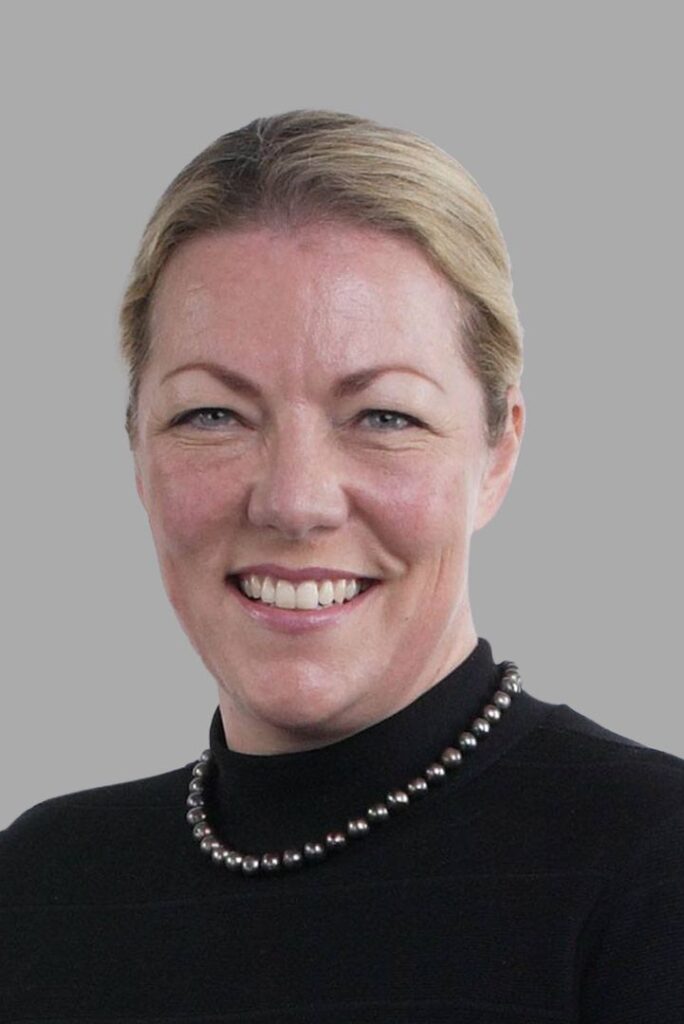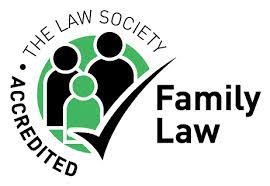- Personal Services
-
-
- Personal Services Overview
- Personal Injury
- Road Traffic Accidents
- Medical Negligence Claims
- Medical Negligence Overview
- Accidents in Hospital
- Acquired Brain Injury
- Anaesthetic Errors
- Bones & Missed Fracture Claims
- Cancer Compensation
- Cauda Equina Syndrome Claims
- Cerebral Palsy
- Cosmetic Surgery
- Delayed or Failed Diagnosis
- Dental Negligence Claims
- Detached Retina Claims
- GP Negligence & Errors
- Group B Streptococcus in Pregnancy & Newborn Babies
- Hip Fracture Compensation
- Hospital Medication Errors
- Hospital Negligence
- Hydrocephalus & Blocked Shunts
- Infective Endocarditis
- Missed Fracture Claims
- Multiple Myeloma Claims
- Necrotising Fasciitis
- Nursing Care Home Cases
- Orthopaedic Errors
- Pharmaceutical Errors
- Pregnancy & Childbirth
- Pressure Sore Claims
- Retained Placenta Claims
- Scaphoid Fracture Claims
- Spinal Cord Injury Claims
- Subarachnoid Haemorrhage
- Surgical Errors
- Tendon Injury Claims
- Testicular Torsion Claims
- Industrial Disease
- Family Law
- Conveyancing
- Wills, Probate & Tax Planning
-
-
- Business Services
- Our People
- About us
- Careers
- Guides
- Case Studies
- News
















